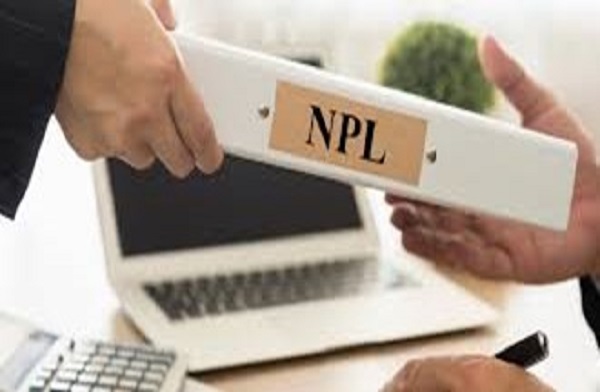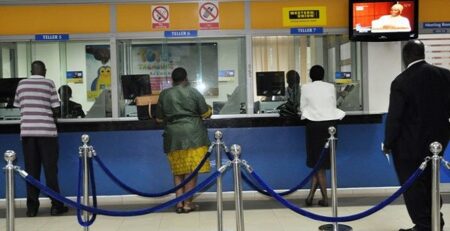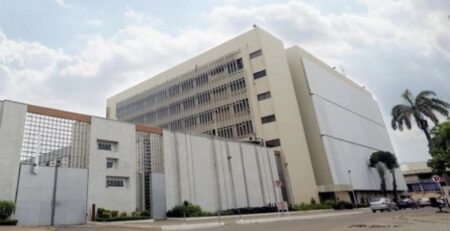NPLs of Ghanaian banks may rise after COVID-19 pandemic – BoG Governor
Governor of the Bank of Ghana Dr. Ernest Addison says he is mindful of the fact that in the aftermath of the Coronavirus pandemic, non-performing loans in the country may rise beyond the current stable levels.
An analysis of the Summary of Macroeconomic and Financial Data from the Bank of Ghana released in November shows that the percentage of Non-performing Loans in the banking sector only increased marginally from 13.6% in January 2020 to 15.3% by October 2020, despite fears that the impact of the pandemic could lead to many businesses defaulting on loan repayment thereby worsening the NPL situation.
Speaking at the 2020 Annual Dinner of the Chartered Institute of Bankers, Dr. Ernest Addison said to prevent any weakening of the financial sector in the aftermath of the pandemic, as well as to maintain confidence and safeguard financial stability, the Bank of Ghana will continue to strengthen all the regulatory measures implemented over the last three and half years.
“The economic impact of the pandemic may result in higher non-performing loans and some capital erosion of banks. Looking ahead, the Bank of Ghana will continue to strengthen all the regulatory measures implemented over the last three and half years to maintain confidence and safeguard financial stability.”
“In the aftermath of the pandemic, (2021, 2022 or 2023) we would have to follow a careful unwinding of countercyclical measures that we have implemented and allow the financial system to function without the regulatory forbearance that we have put into place. Banks will have to be vigilant and upgrade their capabilities, improve governance and risk culture, and we are optimistic that with this approach, we will build a robust, resilient and capable financial sector to support Ghana’s Beyond Aid Agenda,” the Governor added.
NPLs should drop to single digits in 2021 and beyond – Banking consultant
Banking consultant Nana Otuo Acheampong earlier expressed confidence in seeing the percentage of non-performing loans in Ghana’s banking sector, drop to single digits beyond 2020.
His comment follows the announcement by credit rating agency, Fitch Ratings that, despite non-performing loans falling to 14 percent in 2019, from 22 percent two years prior, they will remain high as private-sector credit growth slows in 2020.
As at the end of August 2020 non-performing loans in Ghana as a percentage of total loans, had increased to 15.5 percent after it began the year at 13.6 percent.
Speaking to Citi Business News on the asset quality of banks post-2020, Nana Otuo Acheampong, however, identified the falling interest rates in the country as well as the resilient economy in the face of the COVID-19 pandemic, as key factors that will lead to a substantial reduction in non-performing loans in the medium to long-term.
“My expectation is that, with the private sector credit growth going up, businesses will be able to generate more income. And if any of them were in the NPL category, they should be able to clear some of these backlogs. And then with the new directive from Bank of Ghana, the regulator, it also means that chances of NPLs running up will be reduced because, for instance, there was the issue of poor corporate governance that led to this NPLs somehow occurring.”
“Beyond 2020, my expectation is that, NPLs will fall into single digits, and below 14.5. Because concomitant with the NPLs is the issue of interest rate and as we speak lending rate has also fallen from the highs of the 30s and 40s now into the 20s. Hopefully, if the economy continues to perform better than expected as was confirmed by the President, then you can see that interest rates will also move in the opposite direction and move southwards whereby it won’t be too long before you see single-digit interest rates in Ghana alongside the NPLs all moving into single digits,” he added.
Source:Citibusinessnews














Leave a Reply